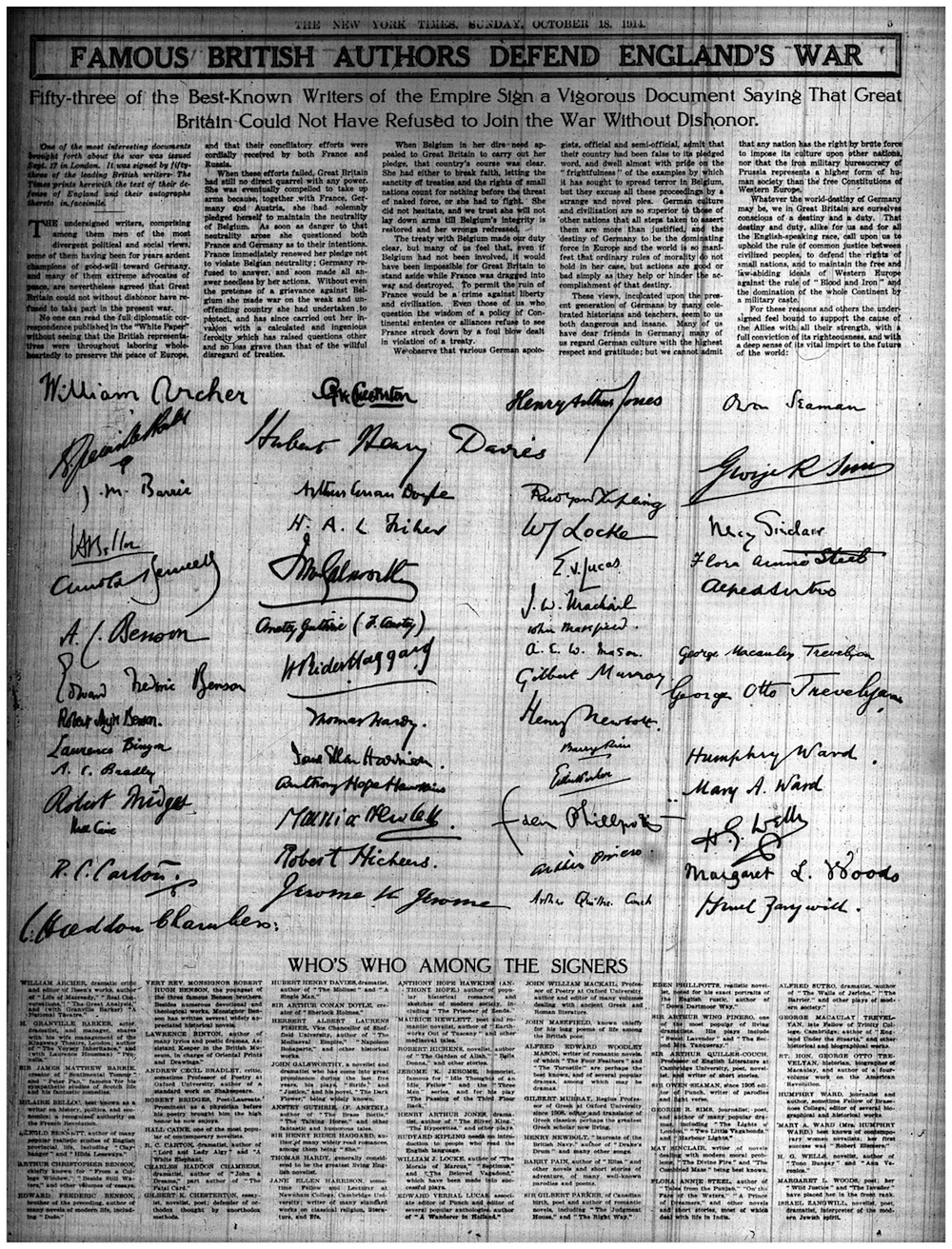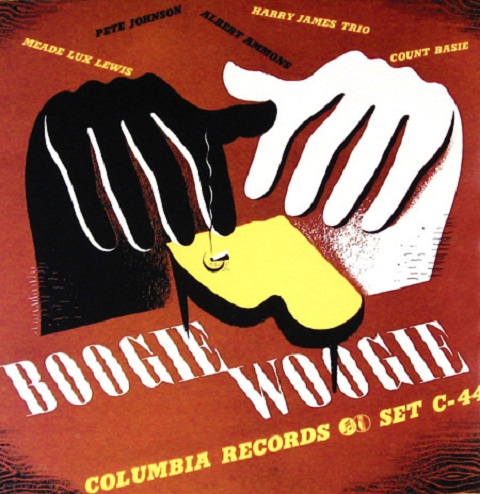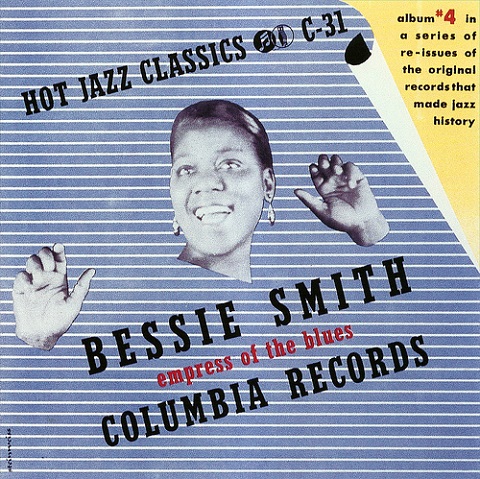When it comes to matters of broad scientific consensus, I’m generally inclined to offer provisional assent. Like everyone else, I have to rely on the expertise of others in matters outside my ken, and in many cases, this rational appeal to authority is the best one can do without acquiring the relevant qualifications and years of experience in highly specialized scientific fields. In the case of evolution, I happen to find the evidence and explanations nearly all biologists proffer much more persuasive than the claims—and accusations—of their mostly unscientific critics. But as we know from recent survey data, a very large percentage of Americans reject the theory of evolution, at least when it comes to humans, though it’s likely a great many of them—like myself—do not know very much about it.
But as a layperson with an admittedly rudimentary science education, I’m always grateful for clear, simple explanations of complex ideas. This is precisely what we get in the video series Stated Clearly, which harnesses the power of web animation as an instructional tool to define what the theory of evolution is, and why it explains the observable facts better than anything else. Stated Clearly’s tagline is “science is for everyone,” and indeed, their mission “is simple”: “to promote the art of critical thinking by exposing people from all walks of life, to the simple beauty of science.” The video at the top gives us a broad overview of the theory of evolution. The animation just above presents the evidence for evolution, or some of it anyway, in clear, compelling terms, drawing from at least two of the many independent lines of evidence. And below, we have a Stated Clearly take on natural selection, an absolutely key concept of evolutionary biology, and one regularly misunderstood.
After watching these three shorts, you might agree that what is “often considered a complex and controversial topic” is “actually a very simple concept to understand.” In layman’s terms, at least. In fact, artist, narrator, and creator of the series, Jon Perry, admits that he himself has no formal scientific training. “He believed,” his bio states, “that if he could create just one good animation on his own, scientists and educators would realize the potential of this project and help him create more.” And indeed they have. Stated Clearly has a distinguished panel of science advisers and partners that include the Center for Chemical Evolution, Emory University, Georgia Tech, NASA, and the National Science Foundation. Learn much more about Stated Clearly’s goals and affiliations, or lack thereof, at their website. And below, see the fourth video of the series, “Does the Theory of Evolution Really Matter?,” which addresses the practical, real world implications of evolutionary theory, and scientific literacy.
Related Content:
Carl Sagan Explains Evolution in an Eight-Minute Animation
Richard Dawkins Makes the Case for Evolution in the 1987 Documentary, The Blind Watchmaker
Josh Jones is a writer and musician based in Durham, NC. Follow him at @jdmagness







